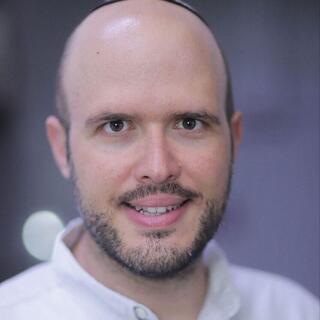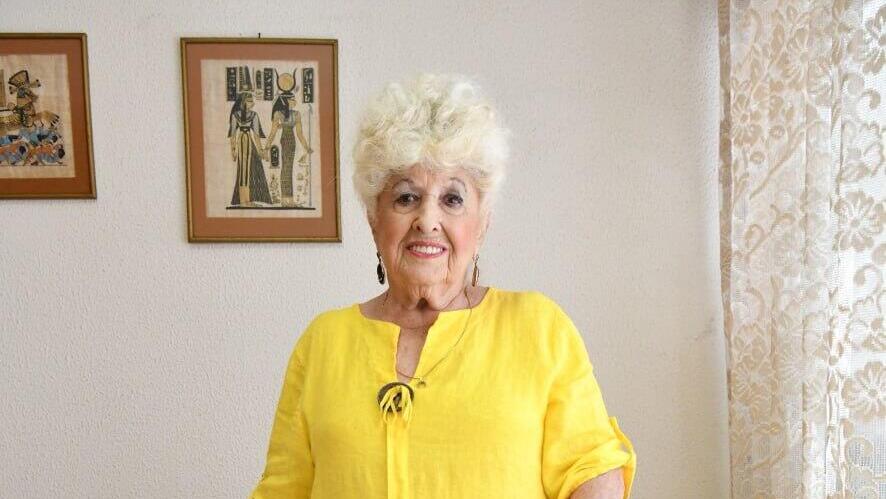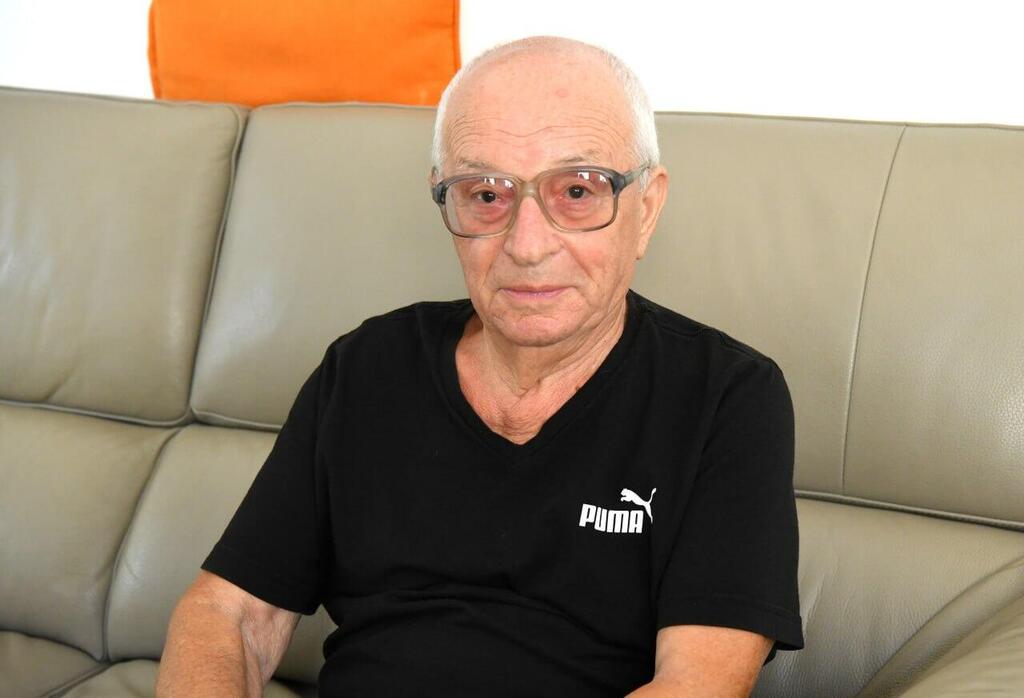On the fourth floor of an old neighborhood building in Nahariya, about six miles from the Lebanese border, Clara Wodowos lives alone. Born in 1936, she faces a unique challenge when the rocket sirens sound—there’s barely enough time to get to the shared shelter on the building’s basement level.
"During a siren, I have no choice but to hide at home, but every room has windows, so there’s no truly safe spot," she says. "It’s hard to sleep at night, and I worry about my health and everyone around me. It feels like reliving a terrible memory, only now I’m older, weaker, and it’s far scarier."
Last month, she celebrated her birthday. Born in Chernivtsi, Ukraine, she was just five when the Nazis took her family to a ghetto. "It was hell—no food, a daily fight for survival," she recalls. In 1972, she immigrated to Israel with her husband and son. "I’m 89 now, and I never thought I’d feel this tension again. The sirens, the explosions, and all that fear—it all comes rushing back."
Clara’s not alone. The nonprofit "Doctors for Holocaust Survivors" reports that since October 2023, requests for assistance have spiked nearly 50% compared to the same period last year. The organization, which provides access to medical treatments and consulting services, received over 2,500 calls in the past year.
"Since October 7, the level of distress has skyrocketed," says CEO Raz Avitan Katz. "With so many specialist doctors now in reserve duty, clinics near the border have closed services for specialties like ENT, ophthalmology, and geriatrics, prioritizing only emergency care in pediatrics and family medicine. This hits the most vulnerable populations hardest, who now skip medical treatments or turn to us for help."
Recently, Clara needed dental treatment and struggled to find help until her son reached out to the nonprofit. "What touched me most was that after my treatment, they didn’t forget me—they kept calling, checking how I was feeling," she says. "Sometimes it feels like we’re forgotten like nobody really cares. Maybe people have become used to this situation, but for us, every day is a new struggle. I don’t want to be a burden on anyone, but with all we’ve been through, we deserve at least a little more attention and support."
The organization has also helped others, like Anatoly, 83, who fled Ukraine’s war and settled in Nahariya two years ago. "I’m saddened by what’s happening in Israel and in Ukraine," he says, a man who knows too well the toll of wars. "People pay the price in every war. You can’t get used to this anywhere, and I hope for peace and quiet. Wars always end, and I hope this one does, too."
An analysis of recent requests shows that most inquiries were for dental treatments, expedited appointments, medical tests, and help scheduling with specialists. Avitan Katz points out that in evacuated towns like Kiryat Shmona and Shlomi, elderly residents have been left behind—many physically or mentally unable to move.
"The average age of Holocaust survivors in Israel is 86, and moving them to a small hotel room that isn’t always accessible is a huge disruption," he says. "Many refused to evacuate or went back home soon after. The state provided solutions for schools and children, but for them, there’s no help. Specialist care was already lacking in the northern periphery, and now, it’s virtually gone."
Get the Ynetnews app on your smartphone:




